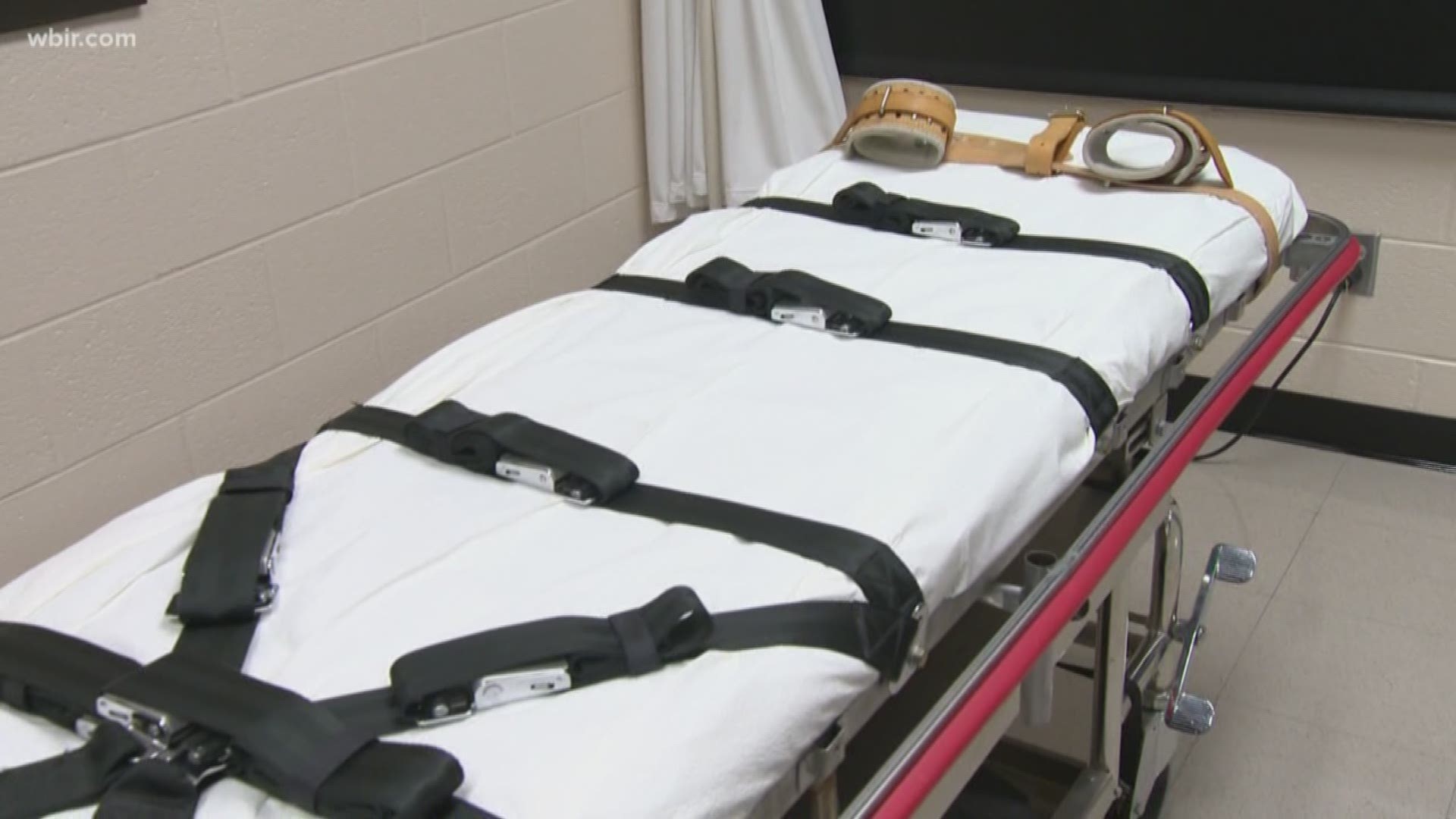Lethal injections can continue in Tennessee even though medical experts said the state's controversial three-drug protocol tortures inmates to death, the Tennessee Supreme Court ruled Monday.
The decision, delivered by a 4-1 majority, was a blow to 32 death row inmates who had argued the drugs led to pain so intense it was forbidden by the U.S. Constitution's 8th amendment which prohibits cruel and unusual punishment. The ruling also all but ensures one of those inmates, Edmund Zagorski, will be put to death Thursday.
Tennessee's high court ruled that the inmates failed to meet a critical bar set by the U.S. Supreme Court for death penalty challenges. In addition to proving the current execution method was unconstitutional, the inmates had to show an alternative was available.
They failed to do the latter, the court ruled, echoing a July order from the trial judge in this case.
But the ruling was not unanimous. Justice Sharon Lee issued a dissent.
The inmates' legal challenge centered around midazolam, the first of three drugs the state administers during lethal injections. Midazolam is supposed to render inmates unconscious and unable to feel pain, but several experts who testified for the inmates said it doesn’t work as intended.
Experts said midazolam sedates inmates but does not stop them from feeling the effects of the other two drugs, vecuronium bromide and potassium chloride. Those drugs make inmates feel like they are burning from the inside and being buried alive, the experts said.
The pain is excruciating enough, they argued, to violate the U.S. Constitution.
The inmates had argued the state could use alternatives that would be less painful pointing to different lethal injection drugs used in Texas and Georgia. But attorneys for the state said no such alternative was available in Tennessee, or they would be using it.
The justices said the inmates did not do enough to prove alternative drugs were available here.
The ongoing challenge has taken on added urgency as the state prepared for its first round of executions since 2009. Billy Ray Irick, once a plaintiff in this case, was executed in August. Zagorski, 63, is scheduled to die Thursday.
Zagorski was convicted in 1984 of killing two men in Robertson County. He shot them, slit their throats and robbed them after luring them into the woods by promising to sell them a large amount of marijuana, according to Tennessean archives.
Gov. Bill Haslam on Friday refused to step in to stop Zagorski's execution, saying he was lawfully convicted and sentenced. A member of Zagorski's legal team had said Haslam and the Tennessee Supreme Court were the two best options to avoid an execution.
Reach Adam Tamburin at 615-726-5986 and atamburin@tennessean.com. Follow him on Twitter @tamburintweets.

